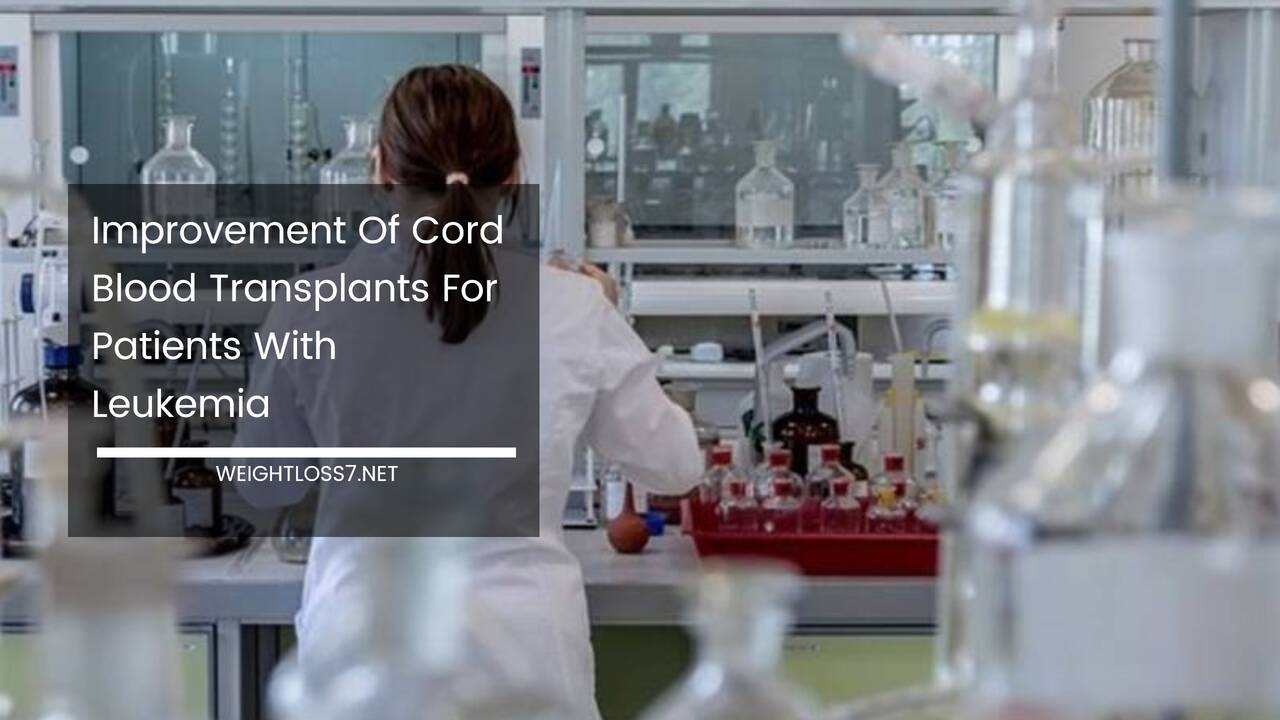What Happens When You Sleep

Have you ever wondered what happens to your body while you sleep? Many people know about rapid eye movement (REM), and others are surprised to learn the body performs some other strange functions at night.
For example, the relaxing of the anal sphincter muscles increases the likelihood that you will pass gas while sleeping. What else does your body do while you sleep? Here are a few examples of what happens to your body as you sleep.
Brain
When you rest, brain activity in the cortex drops by 40 percent. However, the brain is highly active at night as it goes through five different sleep stages.
The sleep stages all play a unique role, including rapid eye movement sleep (REM) or those of quiet, non-REM sleep. The deeper sleep phases are longer, and the brain waves will continue to deepen into this sleep phase.
There is a lot of brain activity that occurs during deeper sleep despite a decrease in the blood flow to the brain. If the brain is unable to get proper rest each night, the different sleep cycles are interrupted.
It can cause problems with the production of HGH and other hormones in the body.
Immune System
When you are sleeping, the immune system is hard at work fighting off bacteria and repairing itself. During sleep, the body creates proteins that are designed to fight off diseases.
Sleep deprivation can reduce the white blood cell count in the body. This increases the risk of becoming vulnerable to illnesses, and you may find yourself frequently becoming ill often if you do not get enough sleep.
Hormones
While sleeping, the body focuses on rejuvenating itself in many areas, including its hormones. It will repair and produce adrenaline, HGH, amino acids, and other proteins needed to move muscles and provide energy to the brain and tissues in the body.
Additional blood is sent to the tissues to deliver nutrients. This increased blood flow throughout the body, especially during REM sleep, is also responsible for heightened sexual arousal.
Body Temperature
During rest, body temperature decreases. This occurs as the body is immobile for several hours. The body temperature can drop by an entire degree while you rest.
The metabolic rate also drops at night, which makes the body lethargic and causes you to feel extremely tired.
Skin
The skin undergoes some changes at night. Dead skin cells are shed during the day as you move around, but the metabolic rate of the skin cells will increase during sleep, providing additional proteins needed to repair damaged cells.
If you have skin damage from the sun, getting plenty of rest can help to repair some of the damage.
Muscles
The body needs rest for its muscles to relax and for the tissues to receive nutrition. While your muscles allow you to change your sleeping position during the night, they are still at a reduced level so your body can send nutrition through blood to repair tissues.
Getting proper sleep (adults need about 7-8 hours per day) and allowing your body to perform these important rejuvenating functions is imperative for maintaining good health.
People who don’t get enough sleep may experience a variety of symptoms including impaired memory and thought process, decrease immune response, fatigue, increased pain, and depression.

















